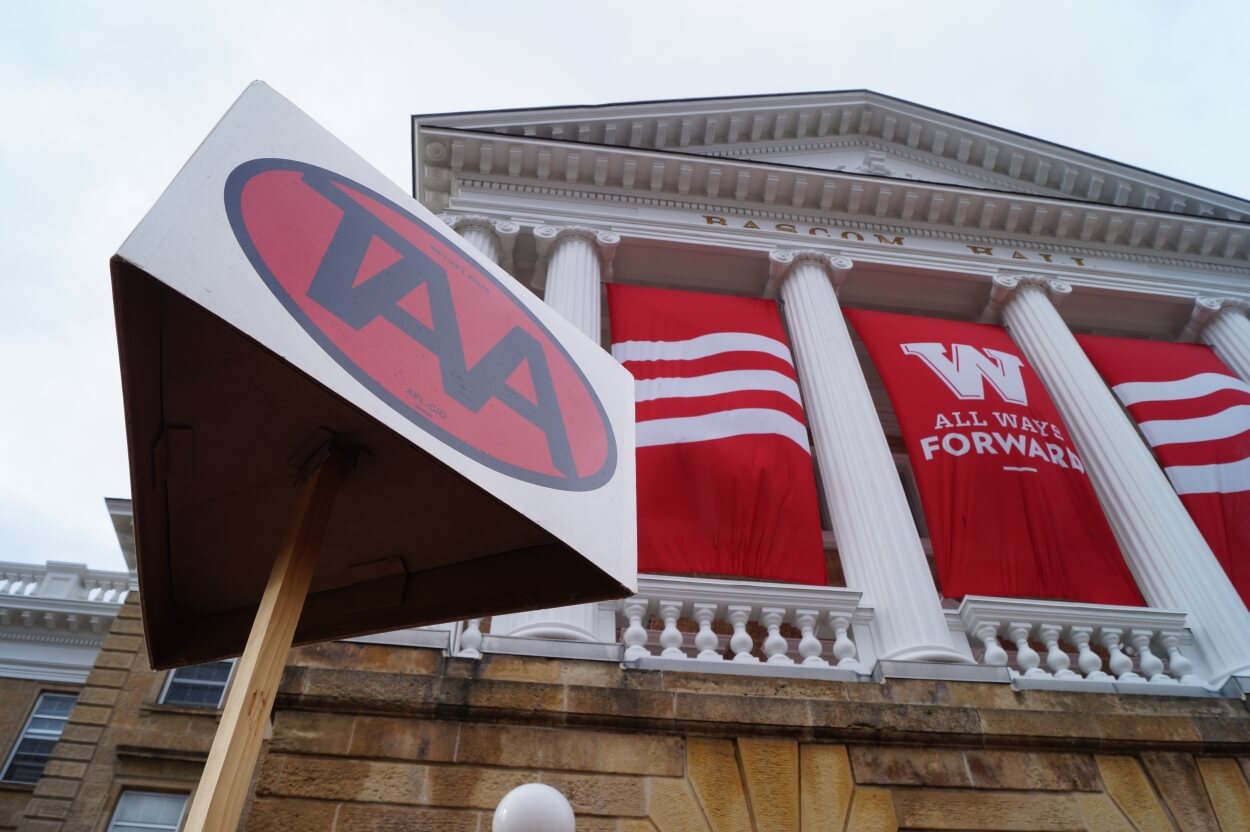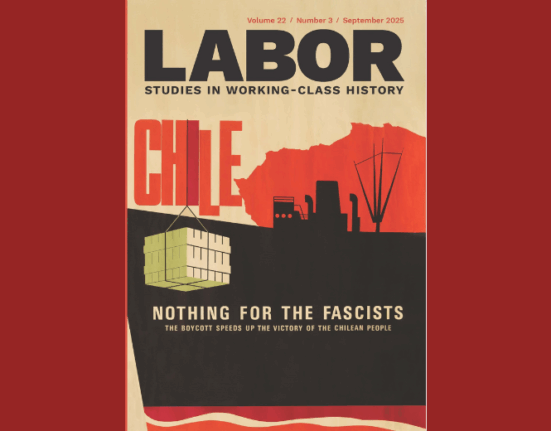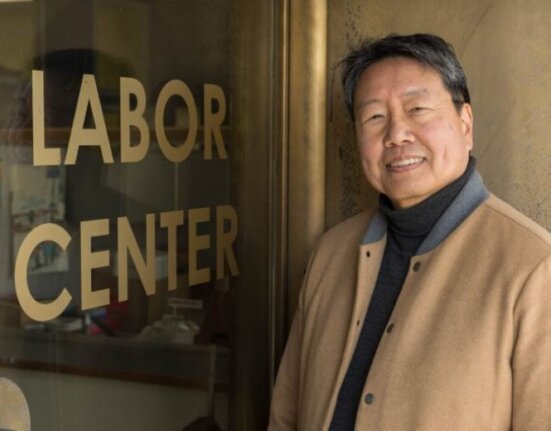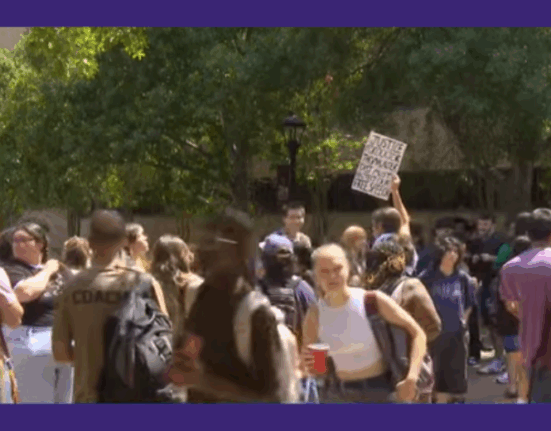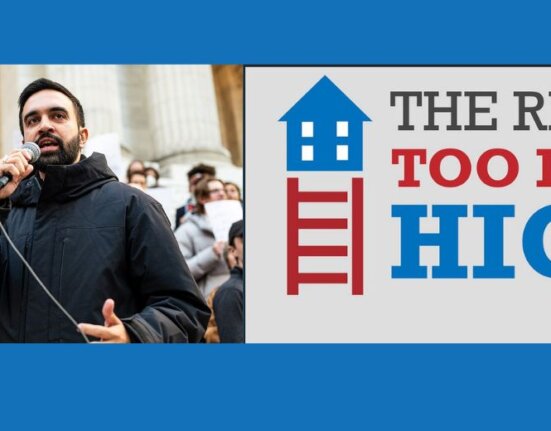After briefly skimming over the potential effects of the proposed restructuring of pay for graduate assistants, I found myself jadedly stunned by the UW-Madison administration’s most recent attack on the quality of higher education, specifically with regard to the Humanities, at Wisconsin’s prized flagship and world-renowned institution. The plan, set to launch in May 2017, would radically alter the method of compensation for university graduate employees, like teaching assistants, who also happen to be students. Setting a wage floor, the University of Wisconsin-Madison’s Graduate School will leave the majority of employee payment up to a graduate assistant’s home department, placing a burden on disciplines who already face immense fiscal challenges. In a contemporary political climate that increasingly undervalues subjects like music, art, history, and philosophy, the newly proposed compensatory design would continuously and effectively undermine our ability to cultivate a more culturally competent and socially just world as educators.
One of the most glaring insults of the new wage system is the complete lack of graduate assistant involvement in the agenda. At an institution that once prided itself on a commitment to shared governance, Graduate School administration clearly lacks loyalty when it comes to celebrating, let alone recognizing, the institution’s progressive history. Why weren’t teaching assistants, the people who educate a majority of our undergraduates at UW, not invited to sit at the decision-making table? In a state that claimed the first workers’ compensation law, how would the famous La Follette’s have responded to this complete failure to identify the value of graduate employees to the University, not to mention the quality of inquiry and education at a rigorous and popular research-one institution? Certainly in this bureaucratic instance, the borders of the university do not expand beyond the walls of the ivory tower that is Bascom Hall. Wisconsin citizens, let alone graduate employees, have had no influence on the ways in which UW-Madison administration has conducted its efforts to restructure compensating the people who teach over half of all discussion sections, lectures, and labs on campus.

is the oldest graduate student union in the world, representing over 3000 graduate
employees at UW-Madison. Photo credit to Cullen Vens,
TAA Stewards’ Council Co-Chair and Graduate student in Botany at UW-Madison.
When I read the announcement, an email from my union, the Teaching Assistants’ Association (TAA), regarding this call to cut my pay, my initial reaction was to ask my partner, “but how will we survive?!?” Already struggling to scrape enough together to cover rent and food, our most current concern is whether or not to put the necessary $900 worth of work into my Honda Civic in order to drive home to Appleton, Wisconsin for Christmas. After almost eight years of graduate school, having taught over 500 students and mentored and advised dozens more, I sighed exhaustedly at the possibility of having less money to stretch amongst our never-ending bills. The only concept that shocked me more than the most current strike against graduate assistants and our families was my partner’s response to my desperate question.
When asked how we would survive on even less income, he responded, “we’ll live within our means.” How in the world is that possible? We literally do not have enough money to pay our bills, let alone have excess finances to think about one day buying a house or a reliable vehicle, let alone think about going on a sporadic vacation. What in the heck would make a person say something so asinine?
After taking the time to exhale and reflect on how an aspiring labor historian and working-class activist would be having such a conversation in her living room, I had an important realization— maybe even a valuable reminder from my former mentor, Camille Guérin-Gonzales, who passed away in February from cancer. It’s not only employers that seek to control and undermine the labor movement, but also that workers create divisions among themselves. So, rather than initiate a useless debate with my partner about important economic matters like decreasing wages, unsafe working conditions, and inflation, I decided to write this reaction to a wider audience. Where does this apathy come from? Why would people swallow a decrease in compensation for their hard work, when they could protest unfair actions on the part of their employers? Already living below the poverty line, I cannot fathom accepting this affront to my already overworked body and expended brain. Our contract may say that we work twenty hours a week but we labor for far more. So, why should we work harder; why should we live with less and less? Who came up with this awful idea of an unbearable American “work ethic”?
The Kimberly-Clark Corporation— that’s who! Well, at least the one-time family-owned business espoused these legendary American “morals” starting in the 1880s. Maybe unsurprisingly, the practice of making workers believe that they should work harder and live on less, was an invention of nineteenth-century industrialization efforts in scientific management, a method in control that continues today through the language and actions of workers themselves. For instance, one of the first professional managers of the fledgling “KC” business, Frank J. Sensenbrenner, could have told you how owner Charles B. Clark reprimanded him, the young employee and one-day Kimberly-Clark president, for being a few minutes late for work during a snow storm. Emphasizing the importance of efficiency and guidelines, Sensenbrenner abided by his employer’s advice— to never be late! Enthused by the powerful and exceedingly regimented railroad industry, the young and ambitious manager applied developments in capitalist time to the shop floor, institutionalizing Clark’s devout understanding of an American “work ethic,” Sensenbrenner would go on to be one of the most influential businessmen in Wisconsin.

restructure Graduate Assistant pay at UW-Madison. Photo credit to Cullen Vens, TAA Stewards’ Council Co-Chair and Graduate student in Botany at UW-Madison.
We’ve been plagued by these socially Darwinian methods in labor regulation ever since these types of “advancements” came to fruition in the late nineteenth century, and we’ve made them more powerful by shrouding their visibility. By blaming each other, by expecting inhumane amounts of labor from exhausted bodies, flooded brains, and spirits that exist in some sort of laboring purgatory, we are undermining our ability to make Wisconsin, the birthplace of the Progressive Party, a safe and livable place for a vibrant, let alone breathing, working class.
Thus these managerial ideas, rooted in faulting workers for their lack of financial wealth, as well as the material and emotional realities that come from being broke, are not new strategies in the corporate world. But they are becoming more commonplace in the public sector, as institutions in higher education increasingly implement tactics in controlling workers. So are there any solutions?
Well, for one, we have to study history. In order to do so, we have to pay or somehow fairly compensate the people who teach us about the past. Today, the celebrated Frank J. Sensenbrenner’s legacy lives on with his relatives, like powerful heir to the Kimberly-Clark Corporation fortune and member of the U.S. House of Representatives, Jim Sensenbrenner. Like his great-grandfather, the conservative capitalist and one of the designers of the highly-scrutinized Trans-Pacific Partnership, proselytes hard work, efficiency, and control over ever just about everything on the part of workers and nothing when it comes to corporations. There is an enemy when it comes to salvaging a decent work ethic in this country, and it has very little to do with workers working harder, being less lazy, or spending “beyond their means.” Understanding how to not only survive but thrive in Wisconsin and the nation more broadly has everything to do with understanding not only the history of labor activism but also tactics in managerial control— specifically methods in dividing workers along ethnic, racial, gendered, and occupational lines. Efforts in scientific management may have had profits as a goal, but it was not the only desired outcome. Controlling workers laid the foundation of corporate power in the United States, and as workers, we are not only allowing this inhumane domination to continue but we are the labor behind this commanding employer strategy.
So how do we win? Well, we stop the blaming, we resist apathy, and we critically celebrate successful moments. So, rather than discount the resignation of the University of Missouri system president, as another example of patriarchal hegemony—when the football team’s refusal to play initiated the triumphant societal moment (although patriarchy and popularity were at play)— we should learn from the protests in Missouri and recognize them as part of the broader labor movement. Football players are workers as well and should receive identification as such. This is an element of our hopeful victory, an ability to see each other as equals in order to uproot a system that tells us and teaches us that we are not, thereby recruiting us in the corrosive cause against worker livelihood. Yes, we need to recruit white, male workers (as challenging of a task this may be), and we desperately need to expand our understanding of work on multiple, competing, and overlapping levels (along the lines of race, gender, ethnicity, and sexuality). By appreciating the intersectionality associated with the political Left, we will more successfully resist poverty and uninspiring claims to work harder and live with less. Let’s shift the lens through which we assess greed. Desiring enough money to pay rent, eat decently, and have a reliable vehicle does not insinuate the necessity for a person to work harder, it indicates that people do not make enough to survive or that everything costs way too much to thrive. Only through discussion and critical inquiry can we truly appreciate all of the hopes, dreams, and lives embedded in this struggle— and it starts with learning. Support higher education!

